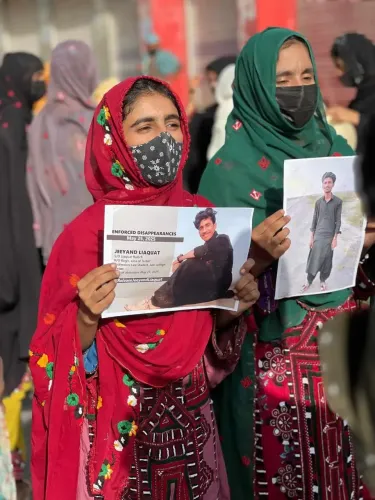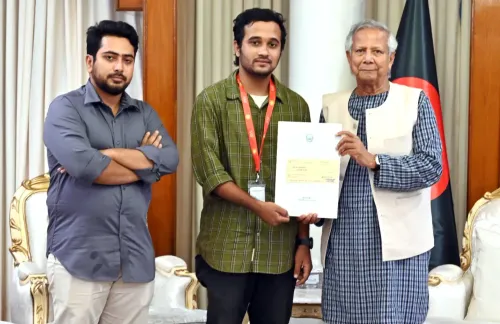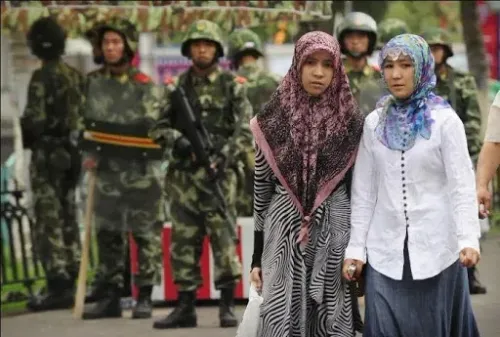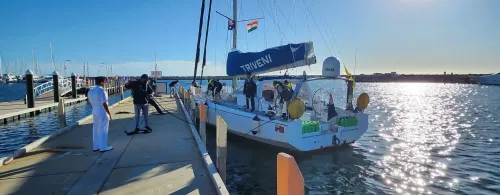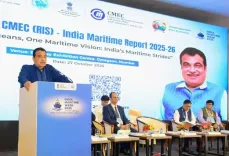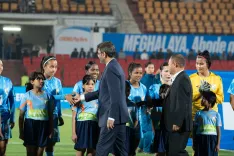Is the 21st Century India's and ASEAN's Era?
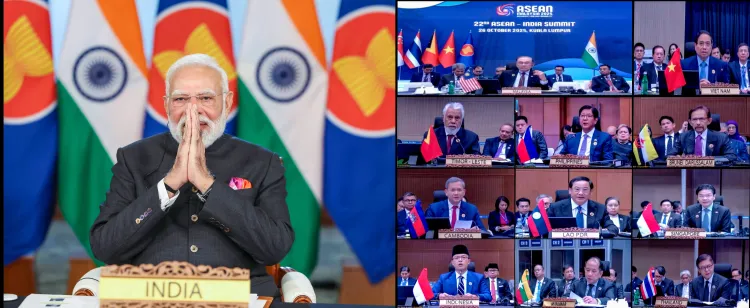
Synopsis
Key Takeaways
- India and ASEAN share deep historical ties.
- ASEAN-India partnership is vital for global stability.
- Economic collaboration is a priority for both regions.
- Joint initiatives target sustainable growth and security.
- India emphasizes its role in disaster response.
Kuala Lumpur, Oct 26 (NationPress) Prime Minister Narendra Modi proclaimed that “the 21st century is our century, the century of India and ASEAN” during his virtual address to the 22nd India-ASEAN Summit in Kuala Lumpur on Sunday. He highlighted the deep historical, cultural, and civilizational links uniting the two regions. Speaking from New Delhi, PM Modi characterized the India-ASEAN “Comprehensive Strategic Partnership” as a foundational element of global stability and prosperity.
Chaired by Malaysia, this summit marked the Prime Minister's 12th consecutive engagement in the annual dialogue and served as a venue for leaders to evaluate bilateral advancements and explore further collaboration. In his opening statement, he extended warm congratulations to Timor-Leste on its formal entry as ASEAN’s 11th member, welcoming its delegation and offering India's support for its human development.
He reaffirmed India’s dedication to ASEAN Unity, ASEAN Centrality, and the ASEAN Outlook on the Indo-Pacific, while praising the bloc’s acceptance of the ASEAN Community Vision 2045. When discussing economic collaboration, PM Modi urged for a swift evaluation of the ASEAN-India Free Trade Agreement (AITIGA) to unlock the full potential of trade relations, benefiting over two billion people and enhancing regional resilience.
He denounced terrorism as a severe threat to global peace and advocated for unified international action. In alignment with Malaysia’s chairmanship theme of “Inclusivity and Sustainability”, the Prime Minister introduced an ambitious array of initiatives. India will provide substantial support for the ASEAN-India Plan of Action (2026-2030). To commemorate the ASEAN-India Year of Tourism, leaders adopted a Joint Statement focused on Sustainable Tourism.
The year 2026 was declared the ASEAN-India Year of Maritime Cooperation to enhance blue-economy partnerships. Additional proposals included organizing the Second ASEAN-India Defence Ministers’ Meeting and the Second ASEAN-India Maritime Exercise to secure the Indo-Pacific. The Prime Minister emphasized India’s role as a primary responder in regional crises, enhancing disaster preparedness and Humanitarian Assistance and Disaster Relief (HADR).
A program to train 400 ASEAN professionals in renewable energy will strengthen the ASEAN Power Grid, he stated. Quick Impact Projects will extend to Timor-Leste, along with the establishment of a Centre for Southeast Asian Studies at Nalanda University. PM Modi stressed the importance of expanding collaboration in various fields including education, energy, science and technology, fintech, cultural preservation, infrastructure, semiconductors, emerging technologies, rare earths, and critical minerals.
India will host the East Asia Summit Maritime Heritage Festival at Lothal, Gujarat, and a conference on Maritime Security Cooperation. The Prime Minister expressed gratitude to Malaysian Prime Minister Anwar Ibrahim for accommodating the virtual format and commended the Philippines for its effective coordination. He noted that India and ASEAN together represent nearly a quarter of the world’s population, connected not just geographically but through lasting historical ties and shared values.
He also extended condolences on the passing of Thailand’s Queen Mother Sirikit. With bilateral trade reaching $120 billion in 2024 and poised for further growth, the summit underscored a maturing partnership ready to tackle climate resilience, supply-chain security, and sustainable growth.

